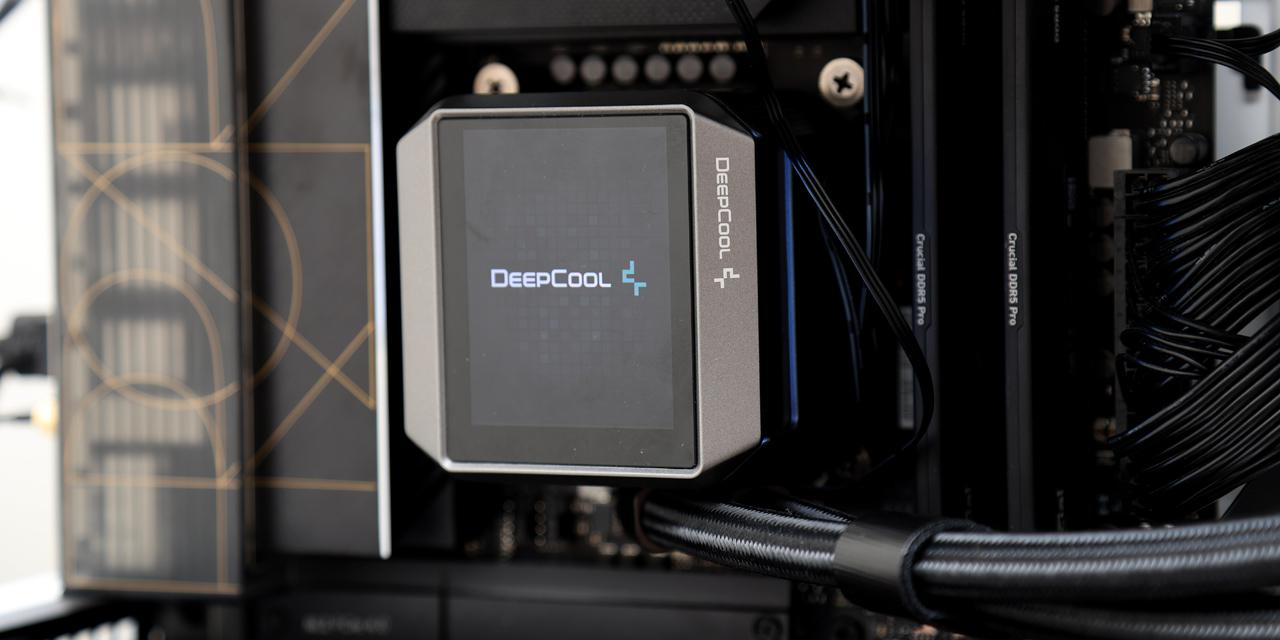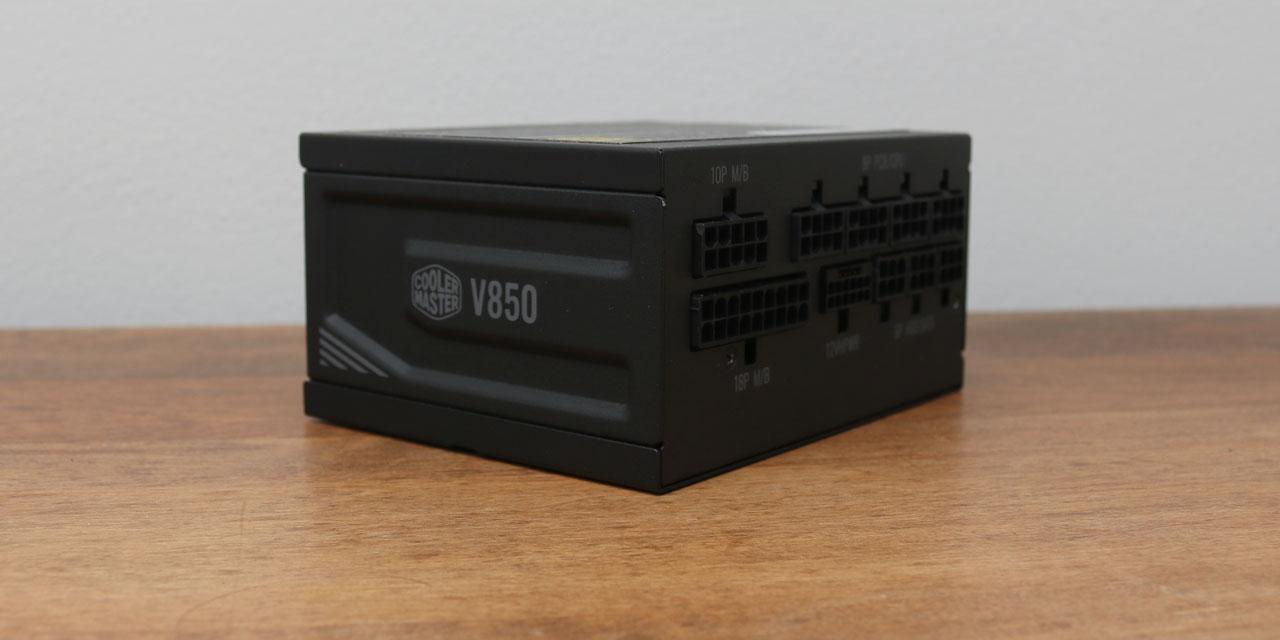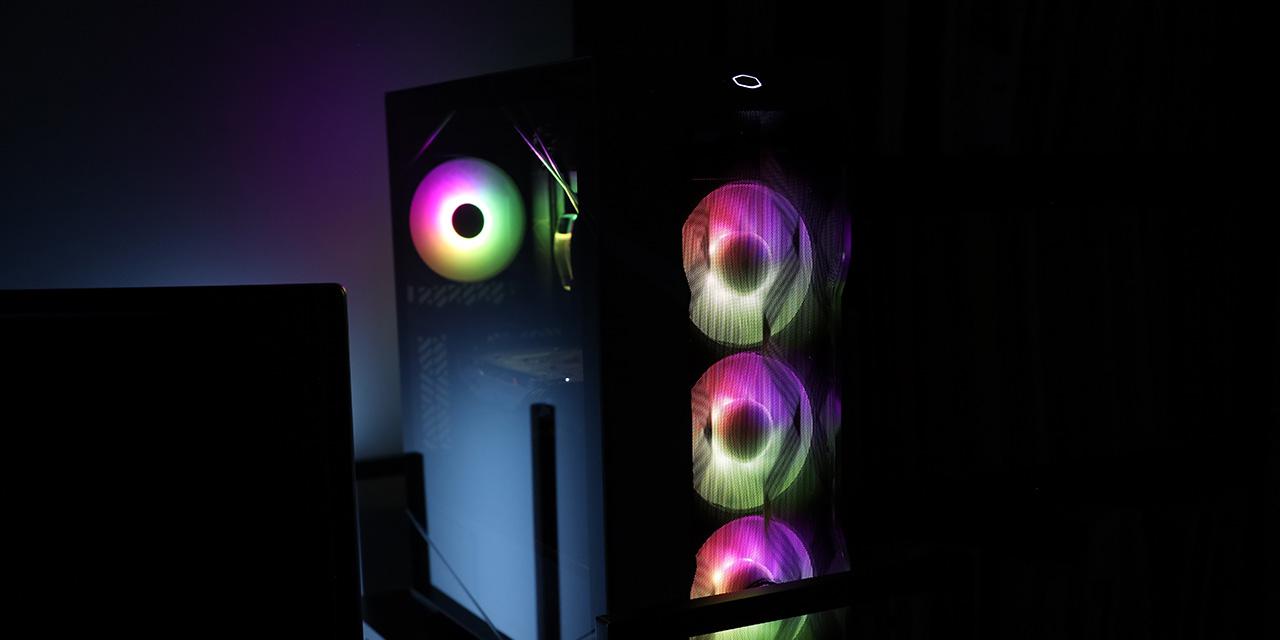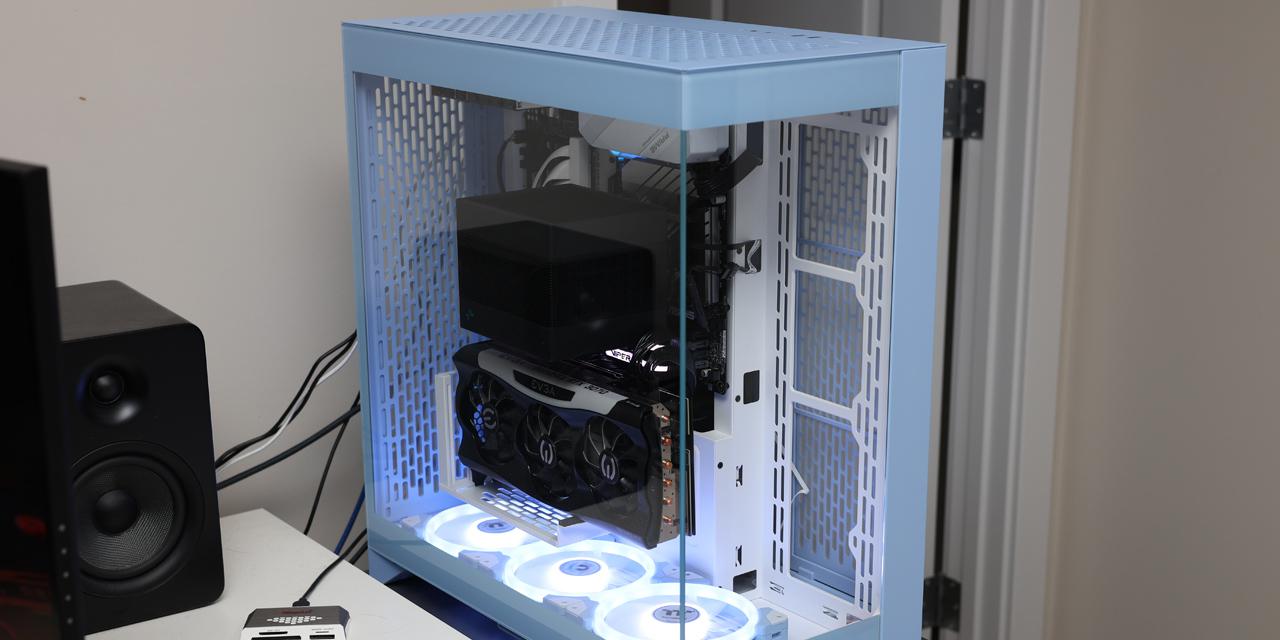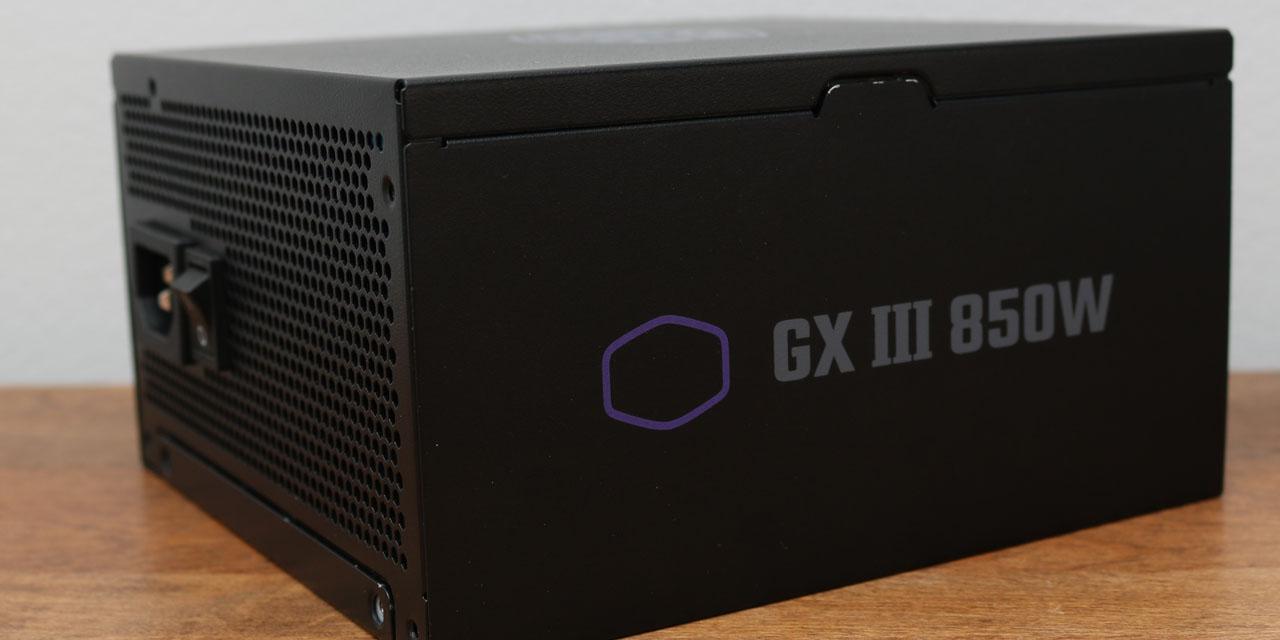|
From X-bit Labs: Intel Corp. has decided to delay the official introduction of its next-generation code-named Haswell chips from April to late May – early June, new documents by the chip giant that emerged on the web reveal. While Core i-family 4000-series central processing units will become available later than expected, the company will introduce a broader range of chips for different mobile market segments. The world’s largest manufacturer of microprocessors will introduce Core i 4000 “Haswell” products for desktop and mobile applications between May 27 and June 7, 2013, according to excerpts from documents (which presumably originate from Intel) that were published by VR-Zone web-site on Friday. The exact introduction date is still to be determined, but Intel strongly advices its partners not to sell, ship or advertise the new products until June 2, 2013. While the launch of highly-expected code-named Haswell products will occur later than originally expected, the amount of chips for notebooks that will be made available will be higher. Originally, Intel planned to launch only three premium mobile products powered by Haswell architecture; according to the new plan, that number grows to seven, thanks to models Core i7-4702MQ, Core i7-4702HQ, Core i7-4700MQ and Core i7-4700HQ. The desktop lineup will be as broad as expected earlier this month. The actual reasons for the delay are unclear, but sources with knowledge of the talks between Intel and its partners among computer makers indicate that the latter had asked the former to postpone the roll-out of Haswell by several weeks to let them sell current-generation Core i 3000 “Ivy Bridge” chips. Another reason why Intel might be interested in the delay of formal launch of Haswell is that Computex Taipei 2013 trade-show takes place in early June and at that exhibition numerous designs with new chips will be shown to the public. The launch aligned with actual PC makers is going to allow Intel to demonstrate not only performance, but also form-factor, usability, design, feature-set and other benefits that Haswell has to offer in a short period of time, something that will likely attract attention of typical end-users to Haswell and products on its base. View: Article @ Source Site |
 |
Intel Delays Launch of Core i 4000 Haswell Chips, Expands Mobile Line
© Since 2005 APH Networks Inc. All trademarks mentioned are the property of their respective owners.
